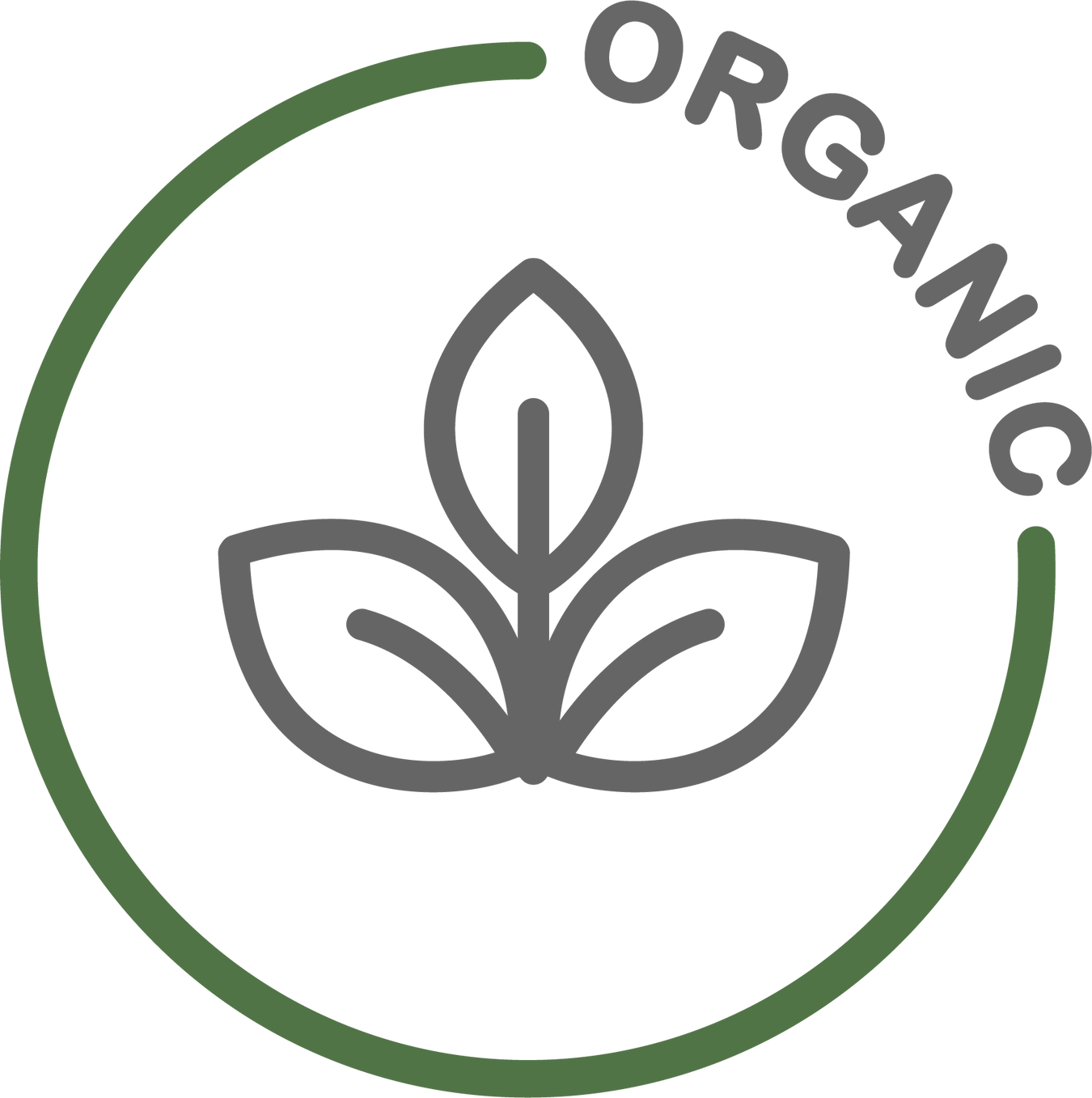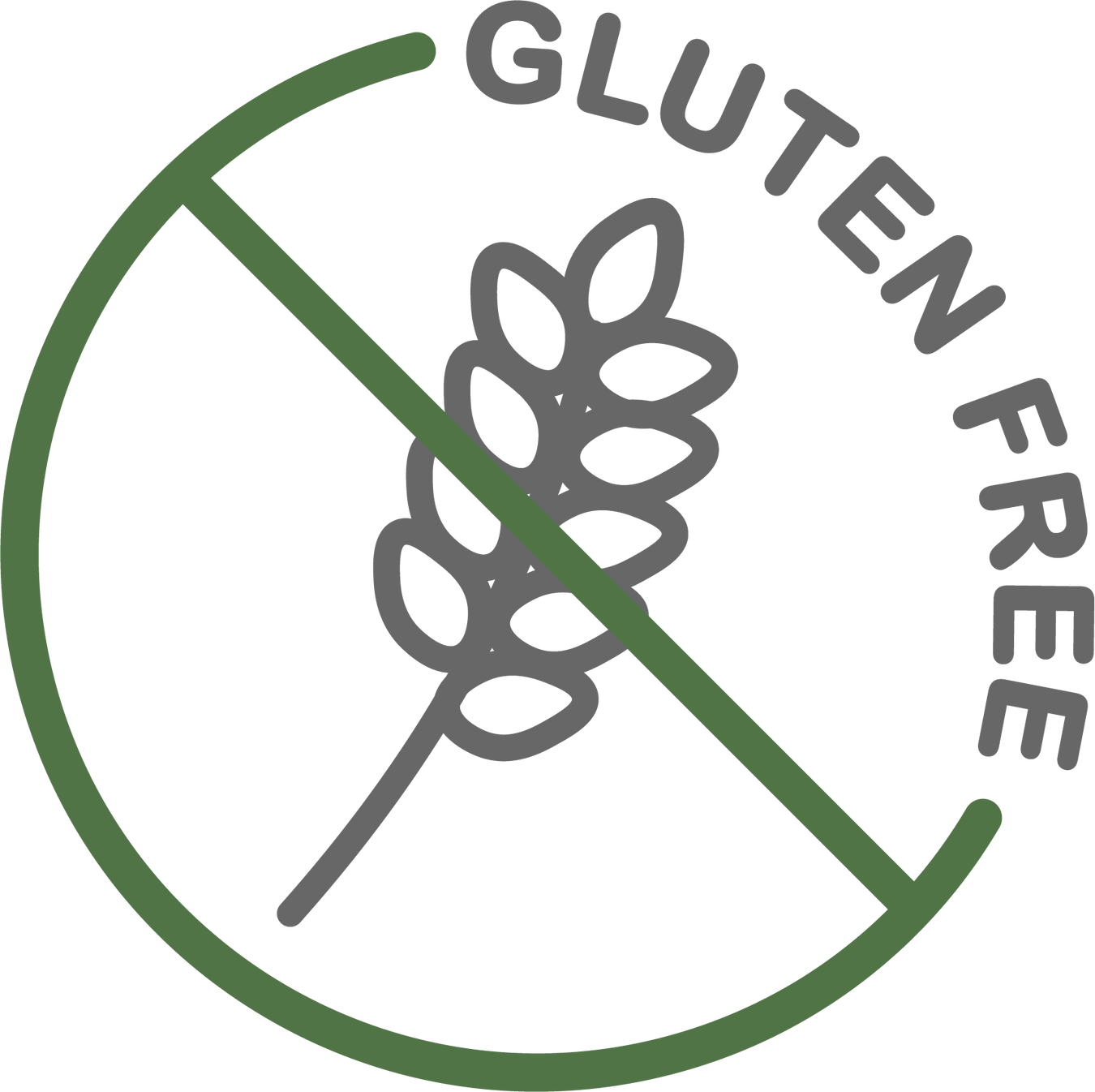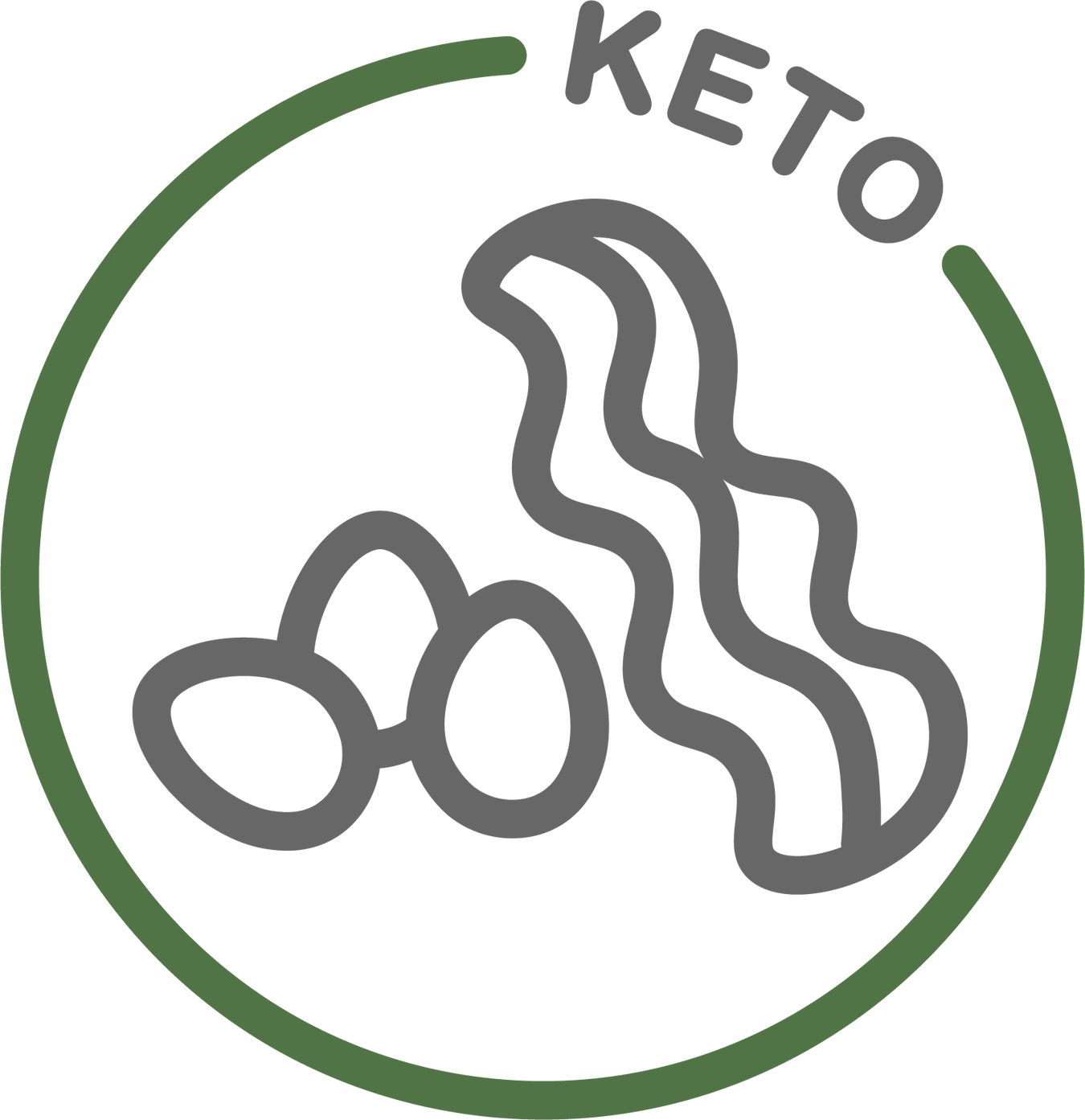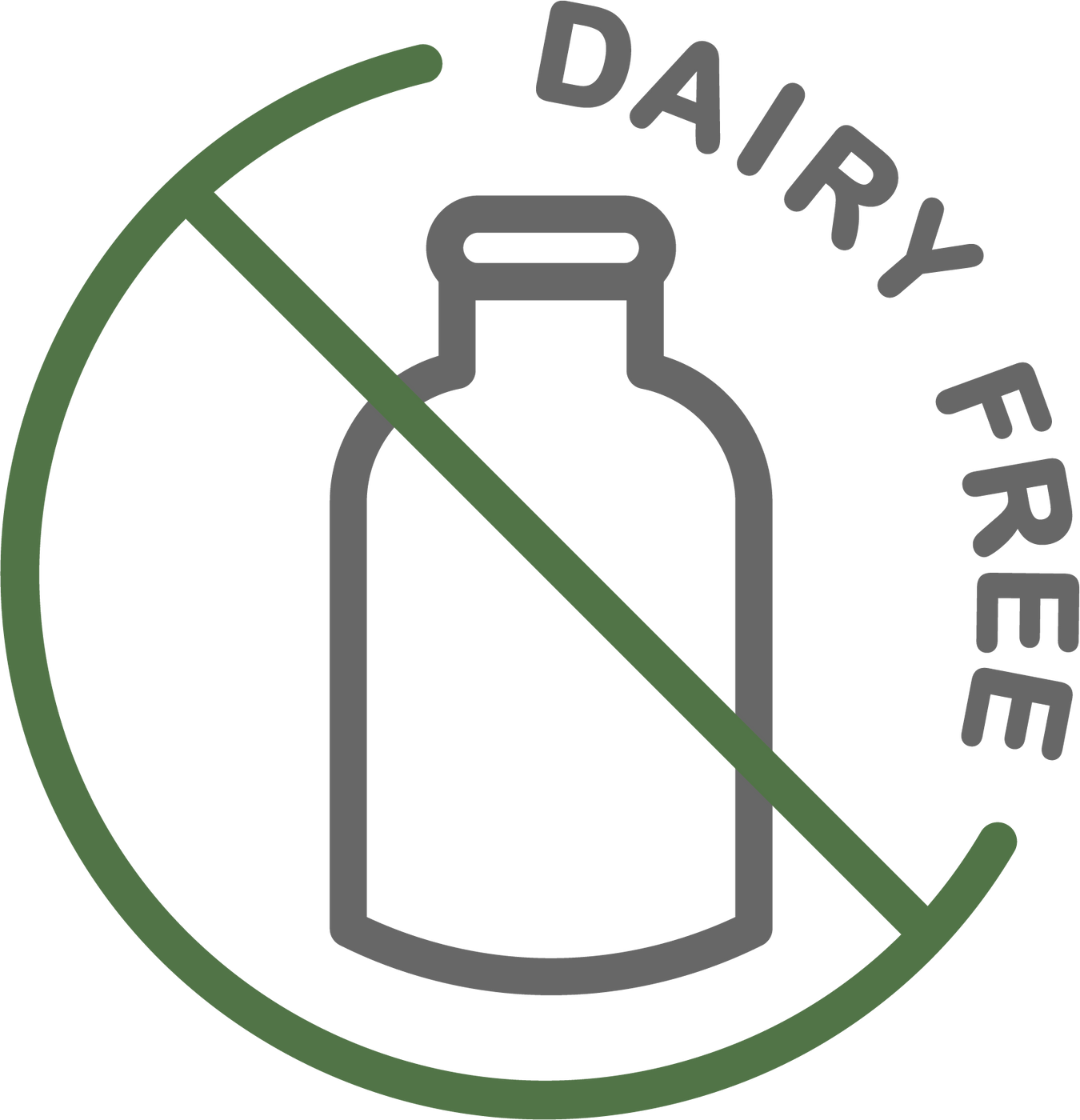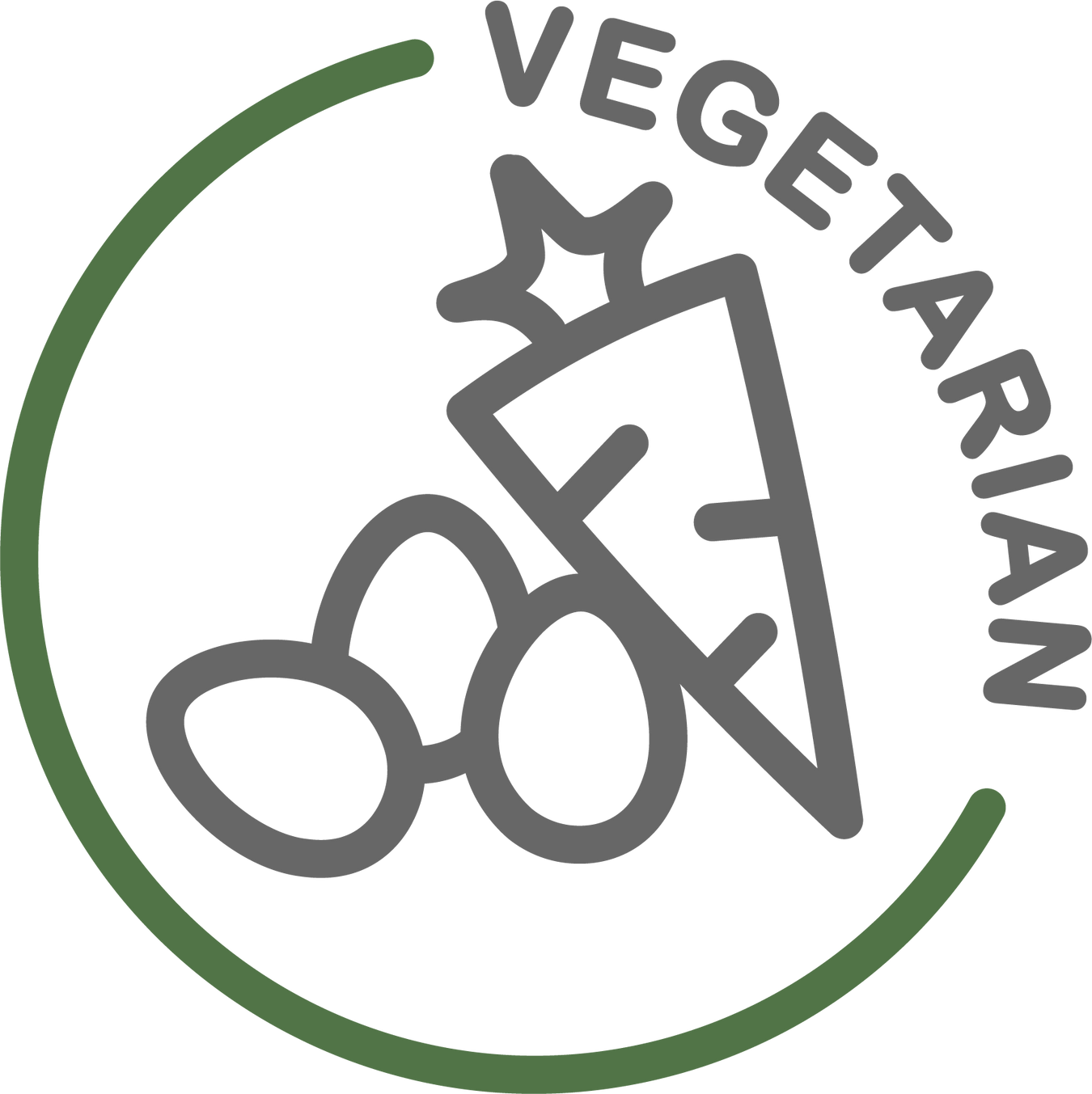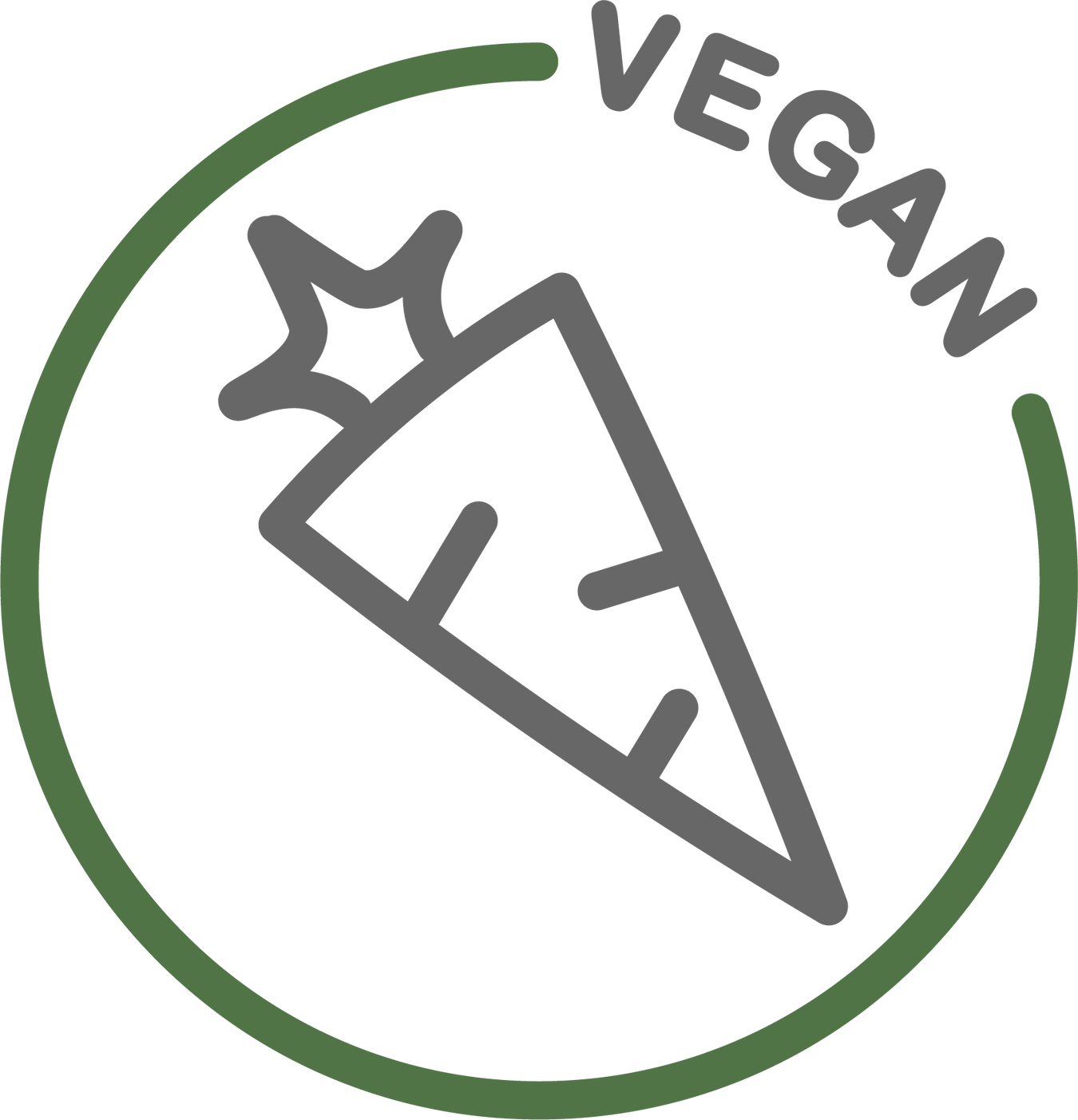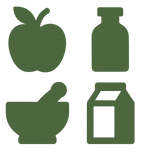Natural Factors Vitamin K2 features vitamin K2 as menaquinone-7 (MK-7), an advanced, fat-soluble form of vitamin K that serves multiple functions in the body. The K family consists of a trio of vitamins: K1 (phylloquinone), naturally occurring in leafy green vegetables and plant oils; K2 (mena-quinone) present in butter, cows liver, eggs, certain cheeses and natto, a fermented soybean food; and K3, a synthetic form of the vitamin. K3 has been shown to have toxic effects on the liver and K1 doesn’t have adequate benefits for calcium metabolism to dramatically improve osteoporosis or atherosclerosis. Only K2 in the form of MK-7 has been shown to offer 24-hour protection from a single daily dose. Other commercially available subtypes of K2, such as MK-4, only last four to six hours in the body and are required in much larger dosages to be effective.
Vitamin K1 is easy to obtain from green leafy vegetables. The bacteria in our intestines will convert some of that to K2, but not enough to prevent or treat atherosclerosis and osteoporosis. K2 is found in the diet in natto, a fermented soybean food popular in Japan, as well as in butter, meat, egg yolks, and organ meats from animals that are fed grass instead of grain. As grass-fed animal products are rare nowadays and a taste for natto is difficult to acquire for most Westerners, a vitamin K2 supplement is the best way to ensure you are getting an optimal daily dose of this important nutrient.





